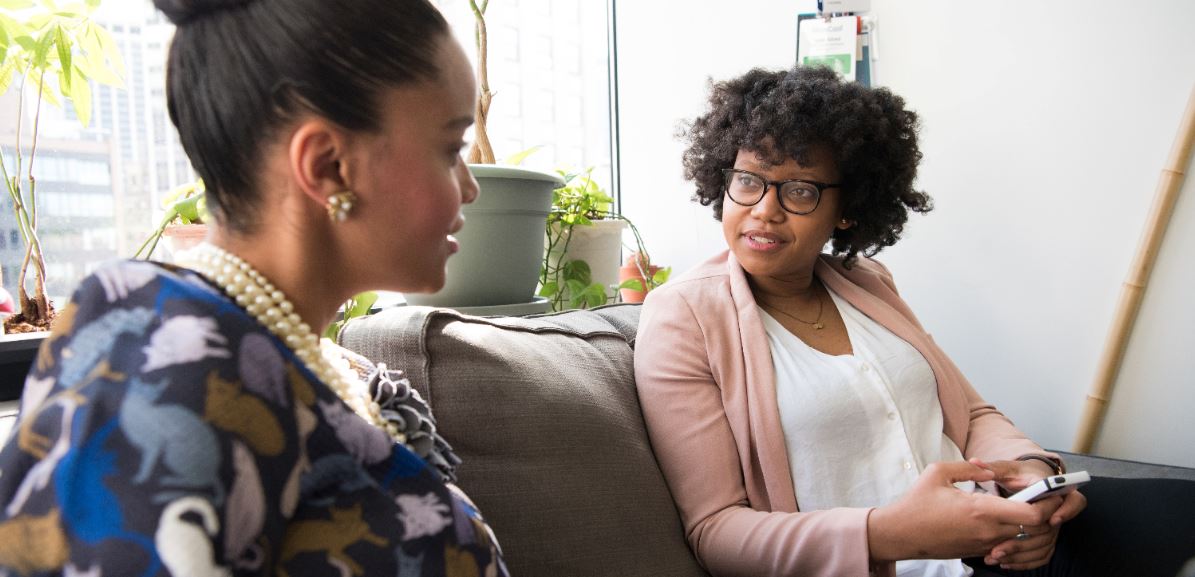
Offer behavioral health services and disability accommodations to support the personal development and academic progression of students.
Model excellence in student-centered services and programs using multiple formats.
Invite every student to engage in transformational experiences.
Counseling Services may help students learn to deal proactively, safely, and successfully with some common issues such as:
Individual counseling (therapy) is a process through which students work one-on-one with a counselor. Students can explore their feelings, beliefs, or behaviors, work through memories, identify aspects of their lives that they would like to change, better understand themselves and others, set personal goals, and work toward desired change. Individual counseling is designed to assist the student in learning coping skills that will help them function positively in the academic environment.
Group counseling is a process through which a small group of people (generally 6 to 10) meet face-to-face with a trained group counselor to talk about a particular issue with which all of them are struggling. Topics may include grief/loss, stress management, spiritual growth, academic pressures, living with chronic depression or anxiety, recovering from a challenging childhood, etc.
An educational group in counseling is a type of group counseling. A small group of people meet face-to-face with a trained group counselor to explore and develop skills around a particular topic in which all of them would like to learn. The goal of the group is to provide a structured environment to practice and process new ways of thinking, behaving, and feeling about the topic and its application in participants’ daily lives.
Because the nature of counseling is sensitive and personal, all counseling services are confidential; however, due to the law, the counselor is required to breach confidentiality if the client discloses a desire to harm to themselves or others.